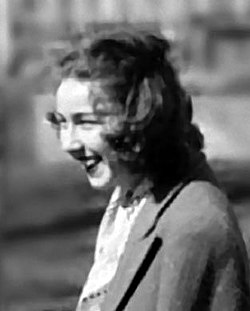Flannery O'Connor Quote
The writer has no rights at all except those he forges for himself inside his own work. We have become so flooded with sorry fiction based on unearned liberties, or on the notion that fiction must represent the typical, that in the public mind the deeper kinds of realism are less and less understandable.
Flannery O'Connor
The writer has no rights at all except those he forges for himself inside his own work. We have become so flooded with sorry fiction based on unearned liberties, or on the notion that fiction must represent the typical, that in the public mind the deeper kinds of realism are less and less understandable.
Tags:
realism
Related Quotes
Expectations are at war, if good feeling and discomfort clash. When we are expecting zest and joy, our good karma may be ousted by distress and frustration, if negative downbeat waves are emitted. Jus...
Erik Pevernagie
Tags:
clash, discomfort, distress, downbeat, emit, expectations, feel, fish, fortune of war, frustration
About Flannery O'Connor
Mary Flannery O'Connor (March 25, 1925 – August 3, 1964) was an American novelist, short story writer, and essayist. She wrote two novels and 31 short stories, as well as a number of reviews and commentaries.
O'Connor was a Southern writer who often wrote in a sardonic Southern Gothic style. She relied heavily on regional settings and grotesque characters, often in violent situations. In her writing, an unsentimental acceptance or rejection of the limitations, imperfections or differences of these characters (whether attributed to disability, race, crime, religion or sanity) typically underpins the drama.
O'Connor's writing often reflects her Catholic faith, and frequently examines questions of morality and ethics. Her posthumously compiled Complete Stories won the 1972 U.S. National Book Award for Fiction and has been the subject of enduring praise.
O'Connor was a Southern writer who often wrote in a sardonic Southern Gothic style. She relied heavily on regional settings and grotesque characters, often in violent situations. In her writing, an unsentimental acceptance or rejection of the limitations, imperfections or differences of these characters (whether attributed to disability, race, crime, religion or sanity) typically underpins the drama.
O'Connor's writing often reflects her Catholic faith, and frequently examines questions of morality and ethics. Her posthumously compiled Complete Stories won the 1972 U.S. National Book Award for Fiction and has been the subject of enduring praise.
